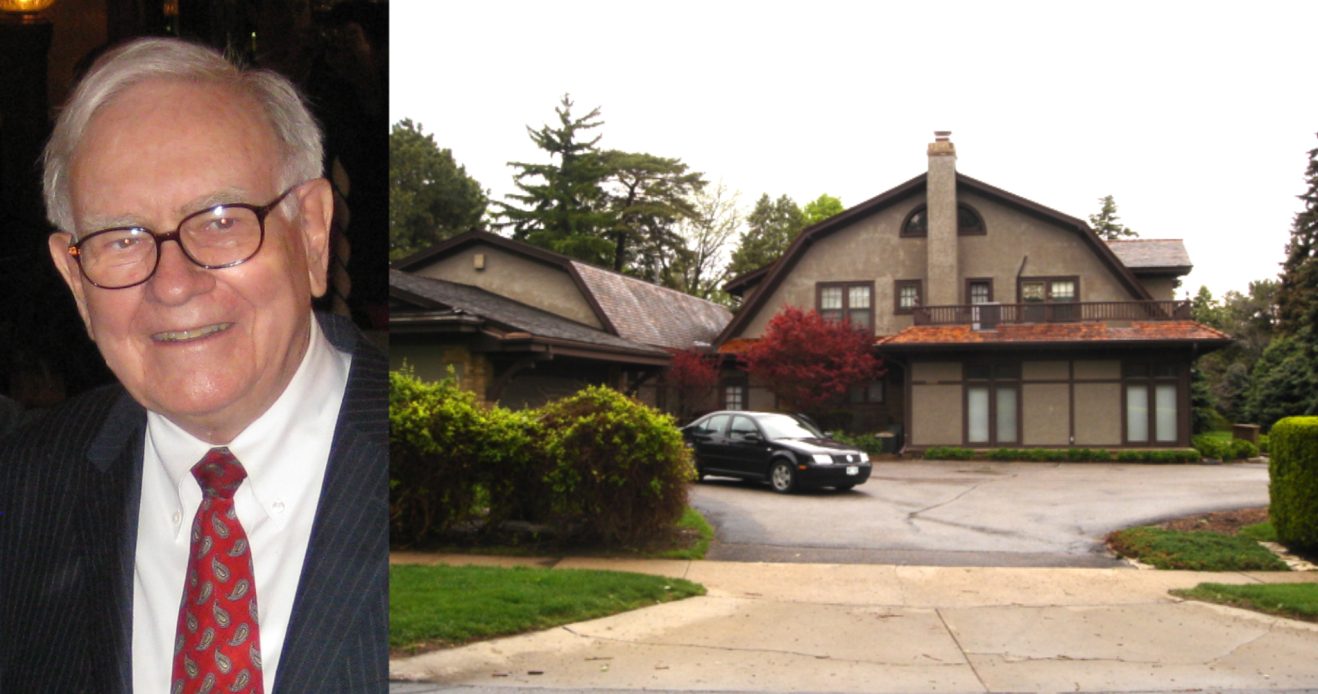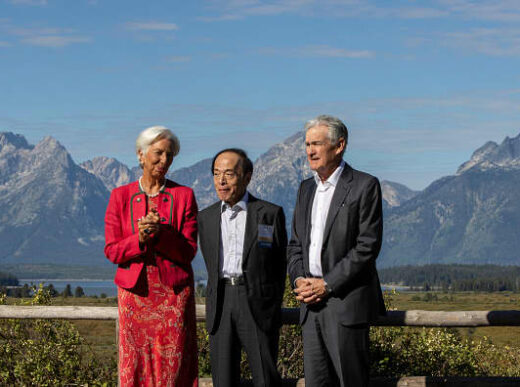Introduction
Warren Buffett, often referred to as the “Oracle of Omaha,” is a living testament to the power of simple living and wise investing. Despite being one of the wealthiest individuals on the planet, Buffett’s lifestyle remains remarkably modest. One of the most striking examples of this is his residence—a home he purchased in 1958 for a mere $31,500. Today, that home is valued at approximately $1.44 million. While Buffett considers this to be one of his best investments, he also acknowledges that he could have made more money by renting. This article delves into the intricacies of Buffett’s home investment and what it reveals about his investment philosophy.
The Humble Abode
The Purchase
In 1958, Warren Buffett acquired a home in Omaha, Nebraska, for just $31,500. When adjusted for inflation, this amount equates to roughly $328,990.80 today. Interestingly, this is a minuscule 0.000279% of his current net worth, estimated at $117.9 billion.
The Valuation
The house, built in 1921 and located just a short drive from Berkshire Hathaway’s headquarters, is now valued at approximately $1.44 million, according to Realtor.com. This represents a 44.44-fold increase in its original purchase price.
Buffett’s Perspective
Ranking the Investment
Buffett has often stated that buying this home ranks as his third-best investment, trailing only behind his wedding rings. In a 2009 interview, he expressed immense satisfaction with his home, stating, “I couldn’t imagine having a better house.”
The Financial Paradox
However, Buffett also admits that renting could have been a more financially prudent decision. In a 2010 letter to his Berkshire Hathaway shareholders, he wrote, “Home ownership makes sense for most Americans… though I would have made far more money had I instead rented and used the purchase money to buy stocks.”
The Risks and Rewards of Homeownership
Financial Pitfalls
Buffett warns that homeownership can become a financial burden if one overspends or takes on more debt than they can manage. This, he notes, can lead to financial difficulties and even foreclosure.
The Lender’s Role
He also criticizes lenders who, sometimes with government backing, extend credit to unqualified buyers. This can create a false sense of security, leading buyers to take on more debt than they can handle.
The Rise of Fractional Investing
With rising home prices and interest rates, many are turning to fractional investing as an alternative. This allows individuals to buy shares in single-family rentals for as little as $100, offering a pathway to passive income and long-term wealth.
Conclusion
Warren Buffett’s home in Omaha serves as a fascinating case study in investment philosophy. While the home has brought him immense personal satisfaction, it also serves as a cautionary tale about the complexities of financial decision-making. Buffett’s experience underscores the importance of weighing the emotional and financial aspects of major life choices, such as buying a home.
Key Points
- Warren Buffett’s home, purchased for $31,500 in 1958, is now worth approximately $1.44 million.
- Buffett ranks this as his third-best investment but admits he could have made more money by renting.
- The article serves as a cautionary tale about the financial risks and rewards of homeownership.
By understanding the nuances of Buffett’s choices, investors can gain valuable insights into the complexities of real estate investment and personal finance.















